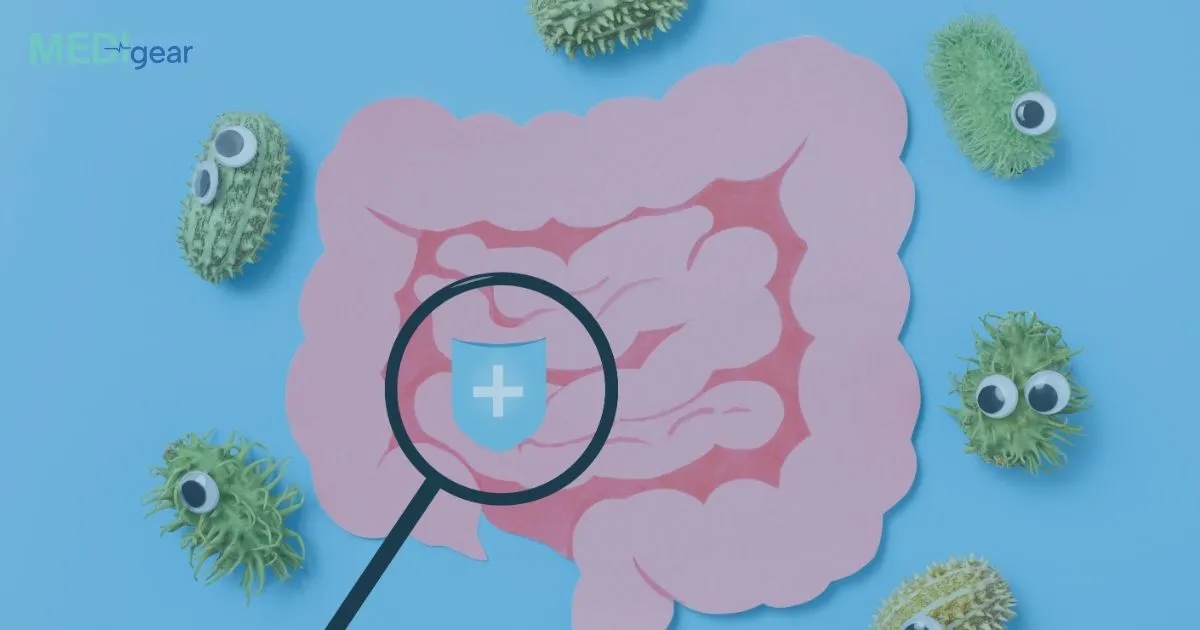Medical imaging technologies, such as MRI, CT, and PET scans, are essential for diagnosing and monitoring a wide range of health conditions. As imaging datasets grow in size and complexity, traditional computational methods can struggle with processing speed and data analysis. Quantum computing offers a revolutionary approach, promising faster, more accurate, and highly detailed imaging analyses.
1. What Is Quantum Computing?
Quantum computing leverages principles of quantum mechanics, using quantum bits (qubits) that can exist in multiple states simultaneously. This allows quantum computers to perform certain calculations exponentially faster than classical computers, making them ideal for handling large, complex datasets such as those generated by medical imaging.
2. Applications in Medical Imaging
a. Faster Image Reconstruction
Quantum algorithms can process large imaging datasets quickly, reducing the time needed to reconstruct high-resolution MRI, CT, or PET images. Faster image reconstruction can lead to quicker diagnoses and reduced patient wait times.
b. Enhanced Image Analysis
Quantum computing can improve pattern recognition, segmentation, and feature extraction in medical images. This may help detect subtle abnormalities that could be missed by traditional algorithms, enhancing early disease detection.
c. Optimizing Imaging Protocols
Quantum optimization techniques can fine-tune imaging parameters, such as radiation dose or scan time, balancing image quality with patient safety.
d. Advanced Computational Modeling
Quantum simulations can model complex biological structures and their interactions with imaging signals, improving the interpretation of scans and potentially predicting disease progression.
3. Benefits for Healthcare
- Higher Accuracy: Enhanced computational power improves image clarity and diagnostic reliability.
- Reduced Scan Times: Faster processing leads to more efficient imaging workflows.
- Early Detection: Subtle patterns and anomalies are more easily identified, supporting preventive care.
- Personalized Medicine: Quantum-enhanced imaging can aid in tailoring treatments based on detailed patient-specific data.
4. Current Limitations
Quantum computing is still in the early stages of development. Challenges include qubit stability, error correction, and integration with existing healthcare systems. However, ongoing research and pilot projects indicate significant promise for the future.
Conclusion
Quantum computing has the potential to revolutionize medical imaging by enabling faster, more accurate, and more detailed analyses. As the technology matures, it could transform diagnostics, accelerate treatment planning, and contribute to personalized healthcare on an unprecedented scale.
Disclaimer: This blog is for informational purposes only and should not be considered medical or technical advice. Quantum computing applications in medical imaging are still under research, and clinical implementation may vary based on regulatory approvals and technological development.






